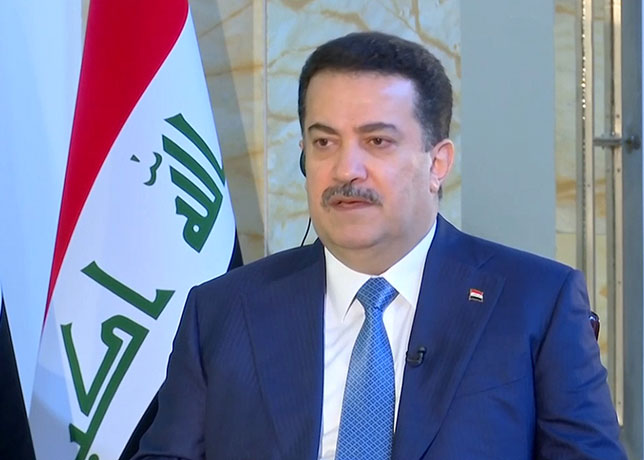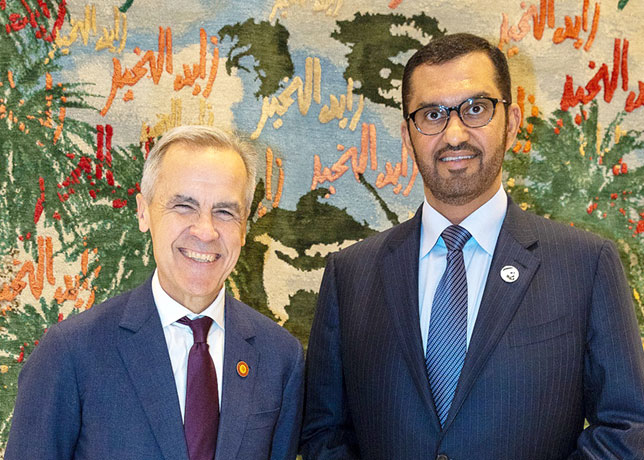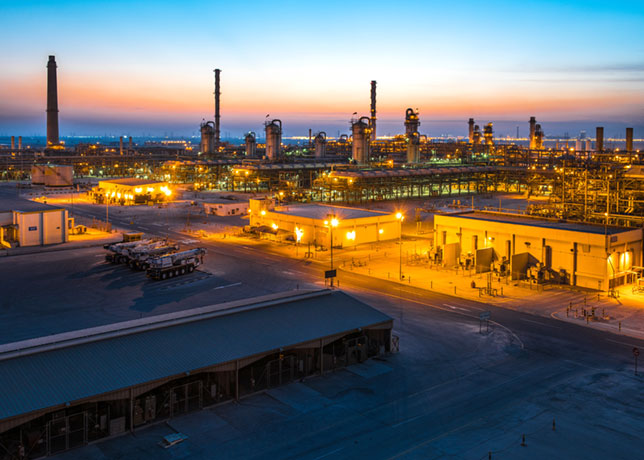

The restart of a key Iraqi oil pipeline that’s been shut for over a year is being held up by disagreements over costs, the nation’s prime minister said, a setback that’s inadvertently helping the country get closer to its Opec production limit.
Baghdad hasn’t been able to agree how much to pay international oil companies operating in the country’s north for their production. The federal administration’s budget allows it to pay $8 for every barrel of oil produced, while contracts with the Kurdistan Regional Government give the firms $26, Mohammed Shia Al-Sudani, Iraq’s Prime Minister, said in an interview with Bloomberg TV.
The impasse has hit output from the region and delayed the pipeline’s resumption.
The closure of the pipeline that can transport almost half a million barrels a day of oil from Kurdistan to the Turkish coast is resulting in billions of dollars of lost revenue. Yet restarting it would pose a dilemma for Iraq, which has failed to adhere to its Opec+ output limit amid pressing financial needs, but has repeatedly said it will compensate for overproducing.
"We are committed to abide by the Opec decisions and to preserve the price of oil in order to balance the interest of the users and the producers," Al-Sudani said.
Turkey halted the pipeline in March last year after an arbitration court ordered it to pay Iraq $1.5 billion in compensation for transporting oil through the link without Baghdad’s approval.
Ankara, which claimed the pipe was shut because it needed repairs after two massive earthquakes in February, said in October that it was ready for operations and it was up to Iraq to resume flows.
But financial and legal issues emerged, such as remunerating companies for costs. International firms have said they also want their past dues — including $1 billion for oil produced between September 2022 and March 2023 — cleared.
With exports shut, the companies have been producing some crude and selling it locally. Iraqi officials have previously said this output caused problems for complying with quotas set by Opec. Iraq has a production limit of 4 million barrels per day (bpd), but produced 4.32 million bpd in August. The country, along with some others in Opec+, will gradually raise these limits starting in December.
Al-Sudani is keen to increase production in the long-term after years of war and internal strife hit Iraq’s industry and oil output.
BP in August signed an initial agreement to help boost output from the Kirkuk region. Iraq has also been rehabilitating and upgrading damaged refineries to help cut fuel imports.




















































































